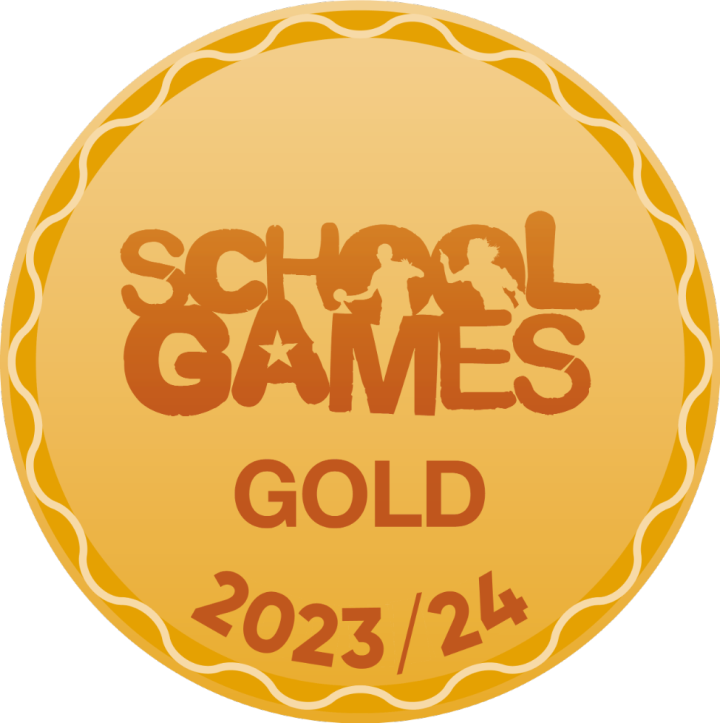Science
“Science and everyday life cannot, and should not, be separated ”
Rosalind Franklin, Chemist and X-Ray Crystallographer
A high-quality science education provides the foundations for understanding the world through the specific disciplines of biology, chemistry and physics. Science has changed our lives and is vital to the world’s future prosperity, and all pupils should be taught essential aspects of the knowledge, methods, processes and uses of science. Through building up a body of key foundational knowledge and concepts, pupils should be encouraged to recognise the power of rational explanation and develop a sense of excitement and curiosity about natural phenomena. They should be encouraged to understand how science can be used to explain what is occurring, predict how things will behave, and analyse causes.
WE CAN provide teaching that develops knowledge and skills so children can learn and progress effectively
At Grendon, Science is taught regularly either once or twice a week (in KS1) or twice or three times a week (in KS2). In EYFS, children are regularly encouraged to think about the wider world around them in the Understanding the World area of learning.
Science teaching at Grendon is taught following Science guidelines from the National Curriculum. In KS1, children’s learning includes finding out about animals and their life processes; plants; materials and weather. In KS2, children learn a wide variety of important scientific concepts, including electricity; rocks and soil; forces and evolution.
Science lessons at Grendon involve engaging opportunities that allow the children to put their learning into practice. Work may be individual, paired or collaborative group work where they will be supported to exchange thoughtful predictions, share ideas and draw informed conclusions.
Where it is appropriate, horizontal, vertical and diagonal links are made throughout our Science curriculum; for example, in Year 1, children learn to name and sort a variety of plants before moving on in Year 2 to learn about processes involving plants in more detail. Similarly, cross-curricular writing tasks can be used to enhance learning; for example, Year 5 write about their experiences with forces in space.
There are numerous engaging opportunities for Science learning at Grendon. In Year 2 and Year 4, children make effective use of our School Garden to support their learning. For more information on the school garden click here. Scientific investigations in lessons involve making the human digestive system out of tights and fizzy drinks in Year 4, and making their own periscopes in Year 6. In Reception, children will have the opportunity to visit Mount Pleasant School Farm, where they will have the opportunity to think about ecology. In Year 1, children will experience a fun scientific workshop where they learn about materials (and bubbles!). In Year 3, children will visit Birmingham’s Botanical Gardens where they will be able to put their scientific learning about plants into practice.
WE CAN offer enriching activities, event and experiences
Where appropriate, Science can be linked and connected to Whole School and Junior Leader Days to enable children to learn and make links with their learning in an exciting way. For example, a whole school science themed Passport Day.
WE CAN work together to remove barriers and ensure equality
In Science lessons, children are challenged to think more deeply about key scientific concepts. This may involve looking at an investigation in a different way and showing their understanding in greater depth.
Children with SEND are supported with suitably differentiated work and scaffolded tasks where appropriate to help support their Science learning.
WE CAN build independent and resilient learners who are able to communicate confidently
Through teamwork and collaborative investigations, children are given the opportunity to display our school’s key concepts involving communication and independence, where they are encouraged to develop and share their own ideas either to the class or in small groups. Children are encouraged to face challenges and apply their Growth Mindset; for example, when carrying out repeated observations for investigations. These activities require resilience, as children must persevere to ensure that their findings are reliable.
WE CAN listen to and treat each other and all members of the community with respect, tolerance and concern
During Science lessons, children will have the opportunity to work with peers during paired or group investigations or tasks. These opportunities allow pupils to put into practice our school values, including treating other respectfully. They should demonstrate that they can listen to other people’s predictions and ideas with respect, while confidently sharing their own points of view.
WE CAN recognise ability, maximise potential and prepare children well for their future and life in modern Britain
Science is an integral part of every child’s education, giving a secure foundation for secondary education. It helps foster a sense of curiosity about the world, encouraging them to think about how everyday processes occur. Scientific curiosity may even lead to a future career as someone working with animals, or even as a scientist.
Online learning
Mystery Science - Free Science lessons
Nature Detectives - Getting out to explore, or just your garden!







